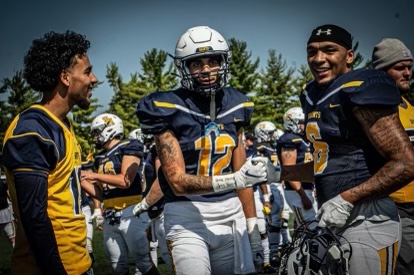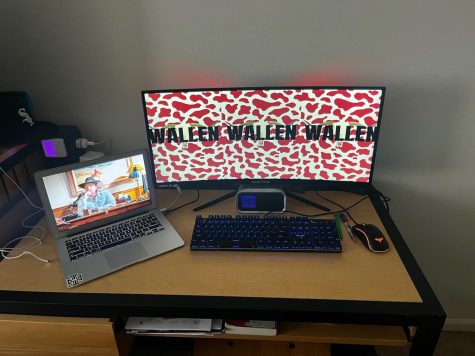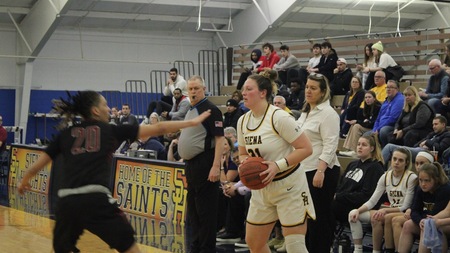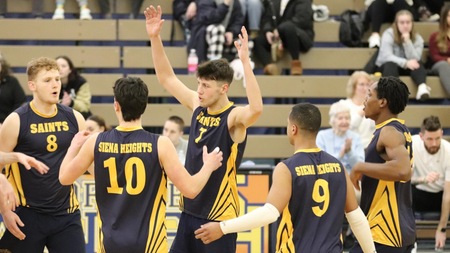EDITORIAL: Drug Testing Coming to SHU Athletics?
What if Siena Heights University started drug testing its student-athletes? Well, the word is that the National Association of Intercollegiate Athletics (NAIA), of which Siena is a member, might start drug testing.
According to the first page of the Substance Abuse Education and Testing Summary, “In September 2014, the Council of Presidents (COP) reviewed recommendations of the Substance Abuse Education and Testing Committee. The COP approved the requirement of all NAIA student-athletes to receive a consistent substance abuse education program, called myPlaybook, to begin in 2015-2016 along with national championship drug testing to begin in 2017-2018.” (www.naia.org)
There are many questions raised with this recommendation. When would it start? This question has already been answered, just not set. How would they go about it? What would Siena have to do? What if a student-athlete tests positive? What if a student-athlete has a medical problem that requires some banned drug/s?
Since this is just a recommendation, there are no set answers yet. But one could assume that the NAIA would run its rules along the same lines as the National Collegiate Athletic Association (NCAA). In fact, the NCAA already drug tests its athletes. Universities and colleges are divided into different divisions based on sizes of schools and other factors. Here are the four different divisions: NCAA, Div 1 and 2 (large public universities), NCAA Div 3 (usually small private colleges), NAIA (usually small private colleges), and the NJCAA (community colleges). According to the 2014-2015 Drug Testing Program, the NCAA has a list of banned drugs, drug-testing administration and even goes as far as how many micrograms/mL count as testing positive. The NCAA does its testing through urine. However, if the NAIA were to test through hair samples, they would be able to trace back to six months.
There are obviously many types of drugs: over-the-counter, enhancements, “street-drugs” and more. Now if we understand this correctly, if an NAIA student-athlete were to test positive for a drug such as steroids, they would be suspended for a full year. However, if a student-athlete were to test positive for a “street drug,” the school or institution would handle that problem. Then the popular question comes into play: what about prescriptions? Since this is a recommendation, there are some questions that cannot be answered at the moment. With the recent legalization of marijuana in some states, we are sure a lot of student-athletes will want to know the answer to this question.
One SHU student-athlete said, “It’s needed, but going to lose a lot of athletes.” A couple of other student-athletes said that it is “annoying” that their teammates use drugs, and that “it isn’t going to stop anytime soon.” Others have said they can do whatever they want in their off-season, but not during the season.
SHU student-athletes be warned: drug testing is probably coming to campus.
SPECTRA









